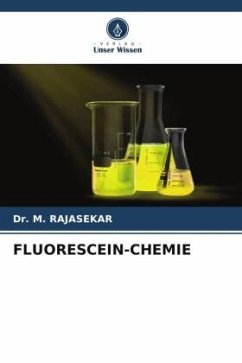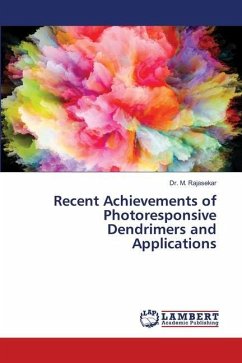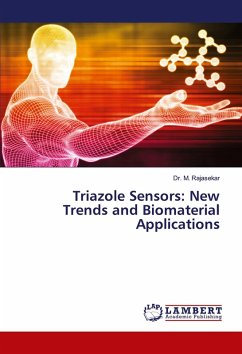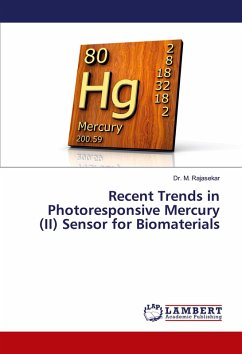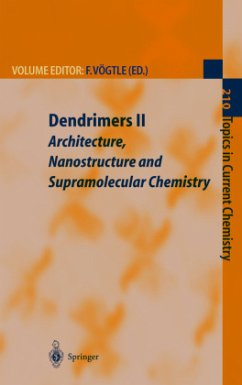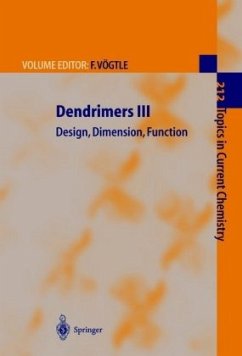
FLUORESCEIN CHEMISTRY
Versandkostenfrei!
Versandfertig in 6-10 Tagen
29,99 €
inkl. MwSt.

PAYBACK Punkte
15 °P sammeln!
The fluorescein-based sensor serves as the core element, providing a robust foundation for biomolecular detection. Its fluorescence properties enable sensitive and selective monitoring within complex biological environments. The integration of dendrimers introduces a multifunctional scaffold, allowing for controlled sensor immobilization, enhanced stability, and potential signal amplification strategies. Glycosides, known for their biomolecular recognition capabilities, are strategically incorporated to impart specificity and affinity to the sensing platform. As biomaterial sensing continues t...
The fluorescein-based sensor serves as the core element, providing a robust foundation for biomolecular detection. Its fluorescence properties enable sensitive and selective monitoring within complex biological environments. The integration of dendrimers introduces a multifunctional scaffold, allowing for controlled sensor immobilization, enhanced stability, and potential signal amplification strategies. Glycosides, known for their biomolecular recognition capabilities, are strategically incorporated to impart specificity and affinity to the sensing platform. As biomaterial sensing continues to evolve, the integration of fluorescein-based sensors with dendrimers and glycosides represents a novel and promising direction. This study not only advances the fundamental understanding of biomaterials interactions but also contributes to the development of innovative tools with broad applications in the expanding landscape of biomaterials research.



